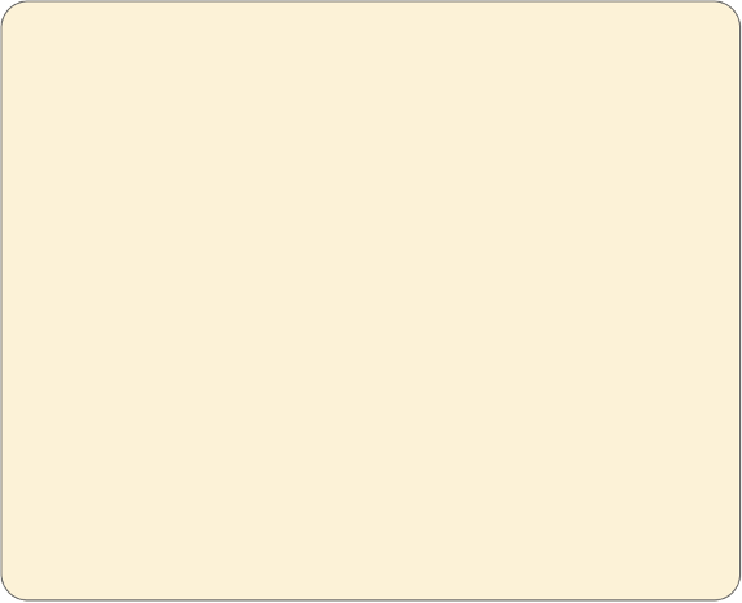Travel Reference
In-Depth Information
proudlyasasecondorthirdlanguage.ManylocalscanswitcheffortlesslyfromEus-
kara to French or Spanish. Basques wave their language like a flag—look for Eus-
kara street signs, menus, and signs in shops.
TheBasqueeconomyhashistoricallybeenshapedbythreefactors:thesea,ag-
riculture, and iron deposits.
Basque sailors were some of the first and finest in Europe, as they built ever-
better boats to venture farther and farther into the Atlantic in search of whales.
(Theselongjourneysweremadepossiblebytheinventionof
bacalao
—dried,salted
cod that could be preserved for months to sustain whalers.) By the year 1000,
Basque sailors were chasing whales a thousand miles from home, in the Norwegian
fjords. Despite lack of physical evidence, many historians surmise that the Basques
must have sailed to Newfoundland long before Christopher Columbus landed in the
Caribbean.
Whenthe“Spanish”eraofexplorationbegan,Basquescontinuedtoplayakey
role, as sailors and shipbuilders. Columbus'
Santa María
was likely Basque-built,
and his crew included many Basques. History books teach that Ferdinand Magel-
lan was the first to circumnavigate the globe, with the footnote that he was killed
partway around. Who took over the helm for the rest of the journey, completing the
circle? It was his Basque captain, Juan Sebastián de Elcano. And a pair of well-
traveled Catholic priests, known for their far-reaching missionary trips that led to
founding the Jesuit order, were also Basques: St. Ignatius of Loyola and St. Francis
Xavier.

